Senate Urges Swift Action on Heritage Bank Assets
The Senate Committee on Banking, Insurance and Other Financial Institutions has called for the Nigeria Deposit Insurance Corporation (NDIC) to ensure the maximum recovery from the assets of the failed Heritage Bank. The appeal, made during a stakeholder retreat in Lagos, emphasised the importance of effectively liquidating the bank’s assets to reimburse depositors and other stakeholders.
Senator Adetokunbo Abiru, Chairman of the Senate Committee, voiced the need for “high operational efficiency” in handling the liquidation of Heritage Bank assets to secure a full and fair settlement for all parties affected.
Join our WhatsApp ChannelNDIC’s Role in Heritage Bank Asset Liquidation
The Central Bank of Nigeria (CBN) appointed the NDIC as the liquidator of Heritage Bank following the revocation of its operating license in June. Since then, the NDIC has been working to refund depositors using the Bank Verification Number (BVN) system, a secure method that connects customer identities across the banking sector.
“The NDIC’s diligent approach in settling depositors is commendable,” said Senator Abiru. “The process of compensating stakeholders in financial distress cases is challenging, but the NDIC’s efforts showcase a commitment to restoring confidence in the banking system.”
Abiru further emphasised that while some progress has been made, the NDIC must maximise the value of Heritage Bank assets to enable faster settlements for corporate customers and other creditors. “All challenges linked to Heritage Bank assets should be resolved swiftly and efficiently,” Abiru added.
READ ALSO: Heritage Bank: NDIC Begins Debt Recovery, Repays 86.36% Customers
Increased Deposit Insurance Coverage Benefits Small Depositors
Senator Abiru also praised the NDIC’s recent decision to increase deposit insurance coverage for commercial banks, raising the coverage from N500,000 to N5 million. “This adjustment is a vital step in protecting nearly 99 percent of depositors, showing NDIC’s responsiveness to the evolving economic landscape,” Abiru stated.
This policy change, aimed particularly at safeguarding small depositors, demonstrates the NDIC’s commitment to risk management. “I urge the NDIC to keep innovating to meet global standards, securing its relevance in Nigeria’s financial landscape,” Abiru continued.
Safeguarding Heritage Bank Assets Against Cyber Threats
As Nigeria’s banking industry grows increasingly digital, cyber threats remain a critical concern. Senator Abiru highlighted the need for robust legislative frameworks to protect the financial sector and Heritage Bank assets from cyber risks. “Cybersecurity incidents in the banking sector underscore the necessity for stronger regulatory oversight,” he said. “Legislative measures must prioritize cybersecurity to protect both financial institutions and consumer data.”
To support this goal, Abiru stressed that regulators like the NDIC and CBN should be equipped with advanced cybersecurity tools to prevent and respond to cybercrime.
NDIC CEO Assures Public on Banking System Safety
In his address, NDIC Managing Director Bello Hassan acknowledged the importance of consumer protection within the financial sector. He outlined the NDIC’s ongoing efforts to complement the CBN in protecting consumers and increasing public awareness of the deposit insurance system’s benefits and limitations.
“Enhancing consumer financial literacy reduces fraud risk, especially for small depositors, and builds confidence in the banking sector,” Hassan said. He also highlighted the corporation’s success in increasing the debt recovery rate and disbursing 100 percent liquidation dividends to depositors of over 20 banks under liquidation.
Hassan reassured customers, stating that the Nigerian banking system remains secure and sound.
Emmanuel Ochayi is a journalist. He is a graduate of the University of Lagos, School of first choice and the nations pride. Emmanuel is keen on exploring writing angles in different areas, including Business, climate change, politics, Education, and others.
- Emmanuel Ochayihttps://www.primebusiness.africa/author/ochayi/
- Emmanuel Ochayihttps://www.primebusiness.africa/author/ochayi/
- Emmanuel Ochayihttps://www.primebusiness.africa/author/ochayi/
- Emmanuel Ochayihttps://www.primebusiness.africa/author/ochayi/

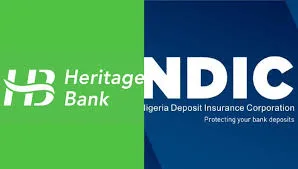




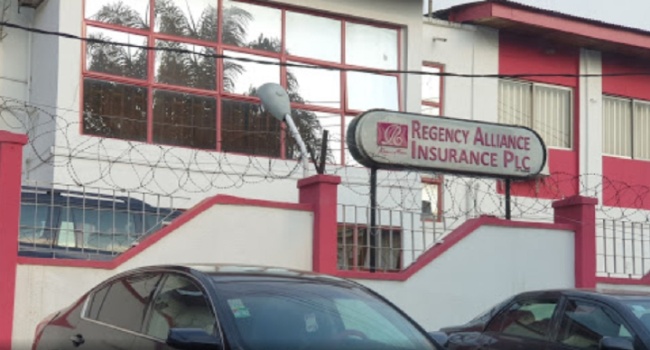
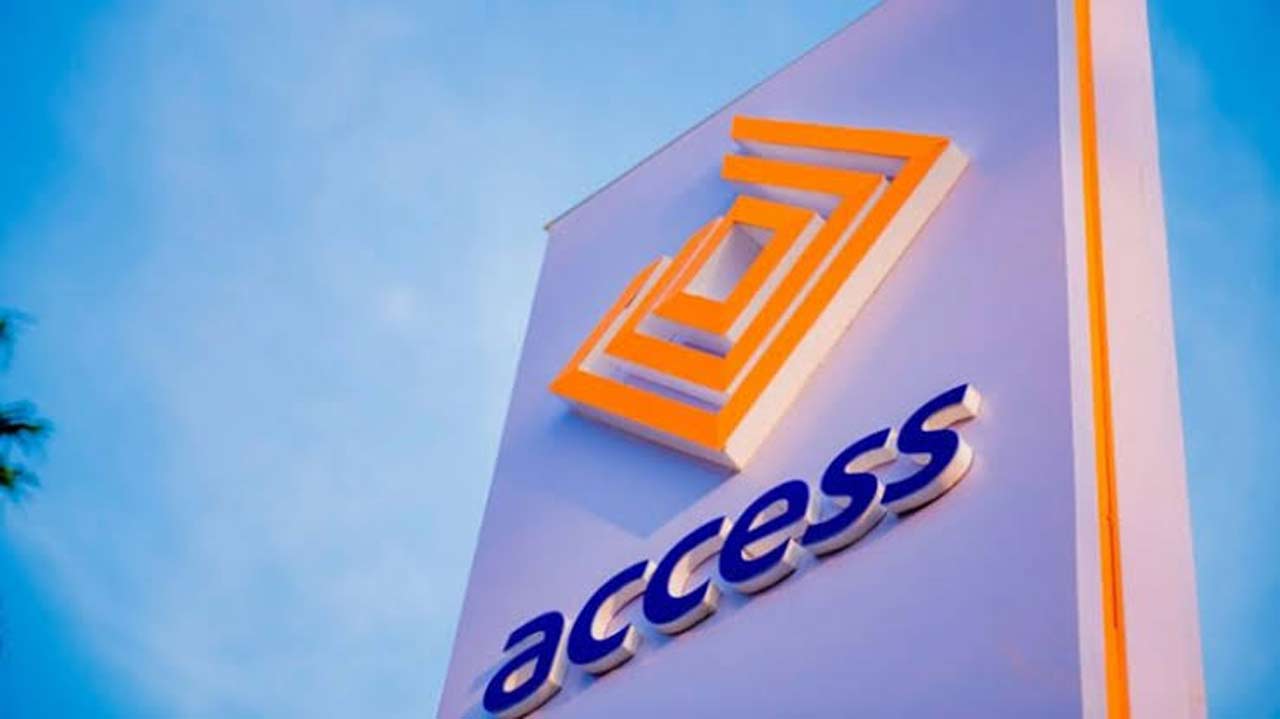








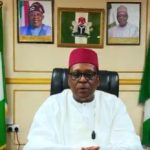
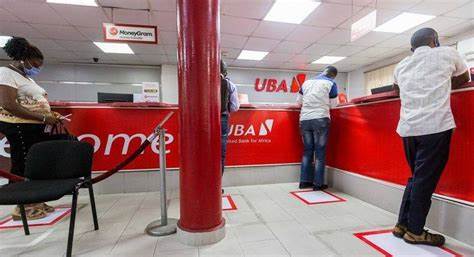


Follow Us